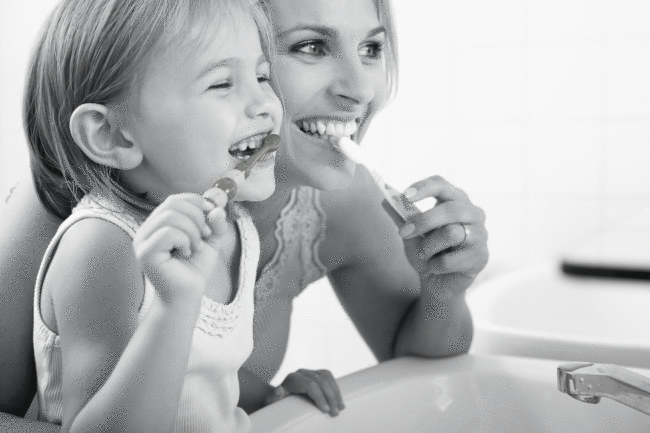Archives
Stay up-to-date and on top of your health with our e-Newsletter and receive updates on current treatments and vital health issues.
Oral Health: Not Just a Dentist’s Concern

Whilst our doctors are obviously not dentists, oral health is an area of equal concern to us as GPs, as it is fundamental to overall health, wellbeing and quality of life. As well as enabling people to eat, speak and socialise without discomfort or embarrassment, a healthy mouth is also pivotal to a healthy body, as there are very strong links between poor oral health and higher levels of cardiovascular disease, not to mention a generally less favourable diet if one is not able to comfortably chew through foods in their more naturally occurring form.
Tooth Decay:
Plaque, a film of bacteria, is constantly forming on teeth. When in contact with sugar from food & drink, the bacteria in plaque produce acids that attack tooth enamel – the hard, outer layer of teeth – causing the enamel to break down over time. This gradual destruction is what is known as tooth decay and this affects both children and adults alike.
Dental Caries:
Cavities that form due to advanced tooth decay are known as dental caries. This is the most common form of oral disease.
Unfortunately, Dental caries make up the second most costly and preventable diet-related disease in Australia after cardiovascular disease, with 63,000 Australians hospitalised each year. Despite the often avoidable nature of oral disease, it seems our teeth are often neglected or only attended to when something goes terribly wrong.
As prevention is always better than cure…Here are several ways to reduce your risk and your childrens’ risk of developing dental disease:
1. Visit the dentist 6-12 monthly, starting from age 2
2. Breast milk is best for babies, including for their oral health
3. Follow the Australian dietary guidelines, focusing on
– plenty of tap water (fluoridated water)
– Choosing healthy snacks e.g. fruits + vegetables
– Limiting sugary foods and drinks
4. Brush teeth along the gum line twice a day with a soft brush
5. Use an appropriate fluoride toothpaste
6. Do not dip pacifiers or bottle teats in sugar, jam, honey or any sugary substance
7. Avoid putting anything in an infant’s mouth if it has been in someone else’s mouth to avoid spreading bacteria that cause tooth decay
8. Fluoride mouth rinses can be effective in reducing decay
9. Chewing sugar-free gum can reduce dental decay
10. Mouthguards should be worn for contact sports
11. Quit smoking + minimise alcohol consumption to improve oral and general health